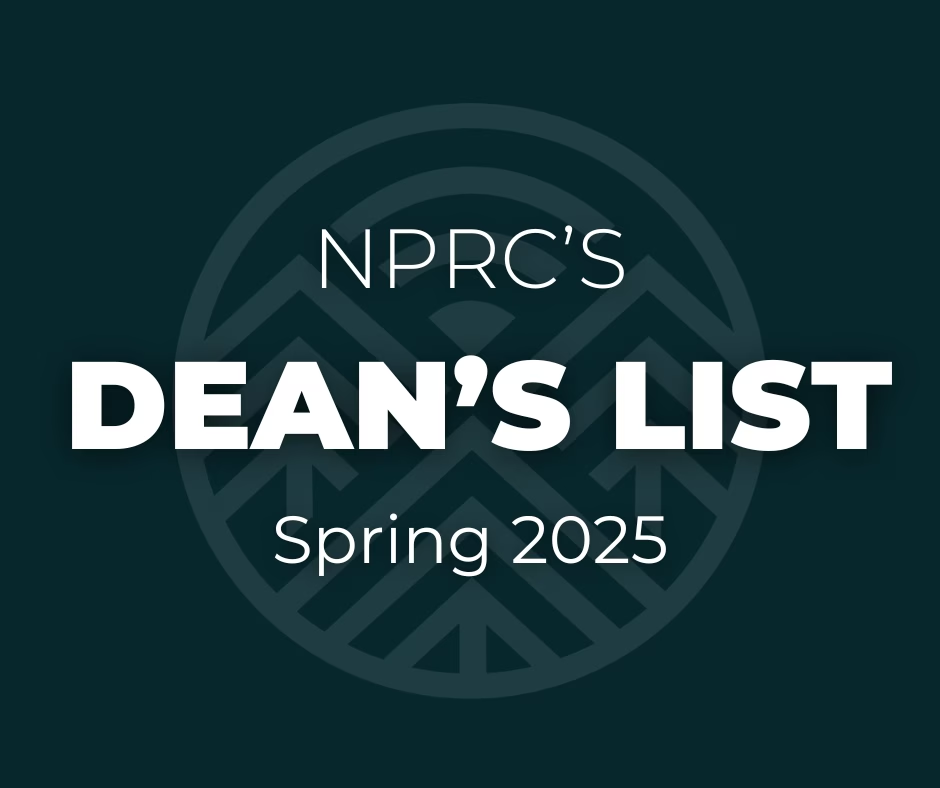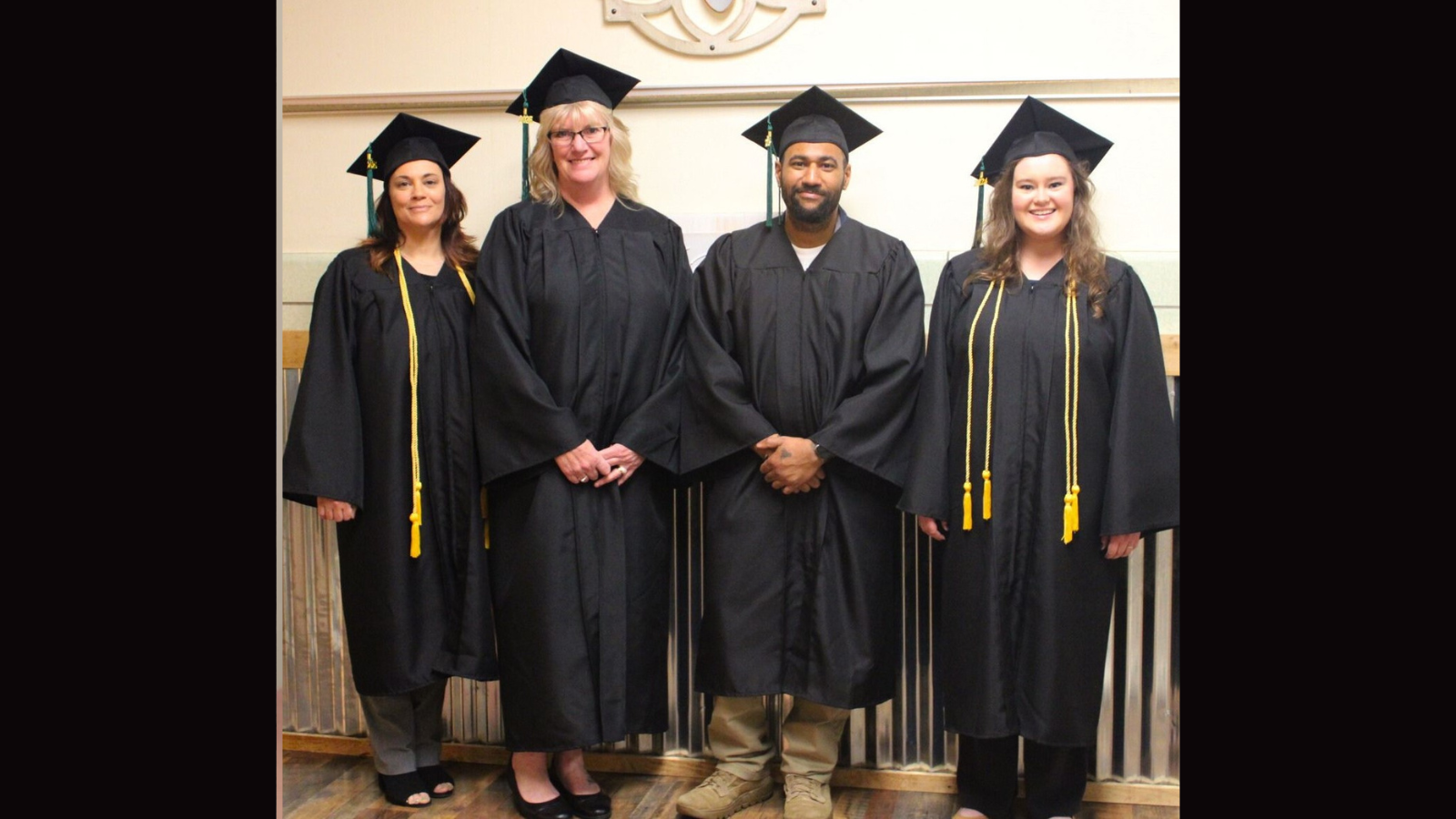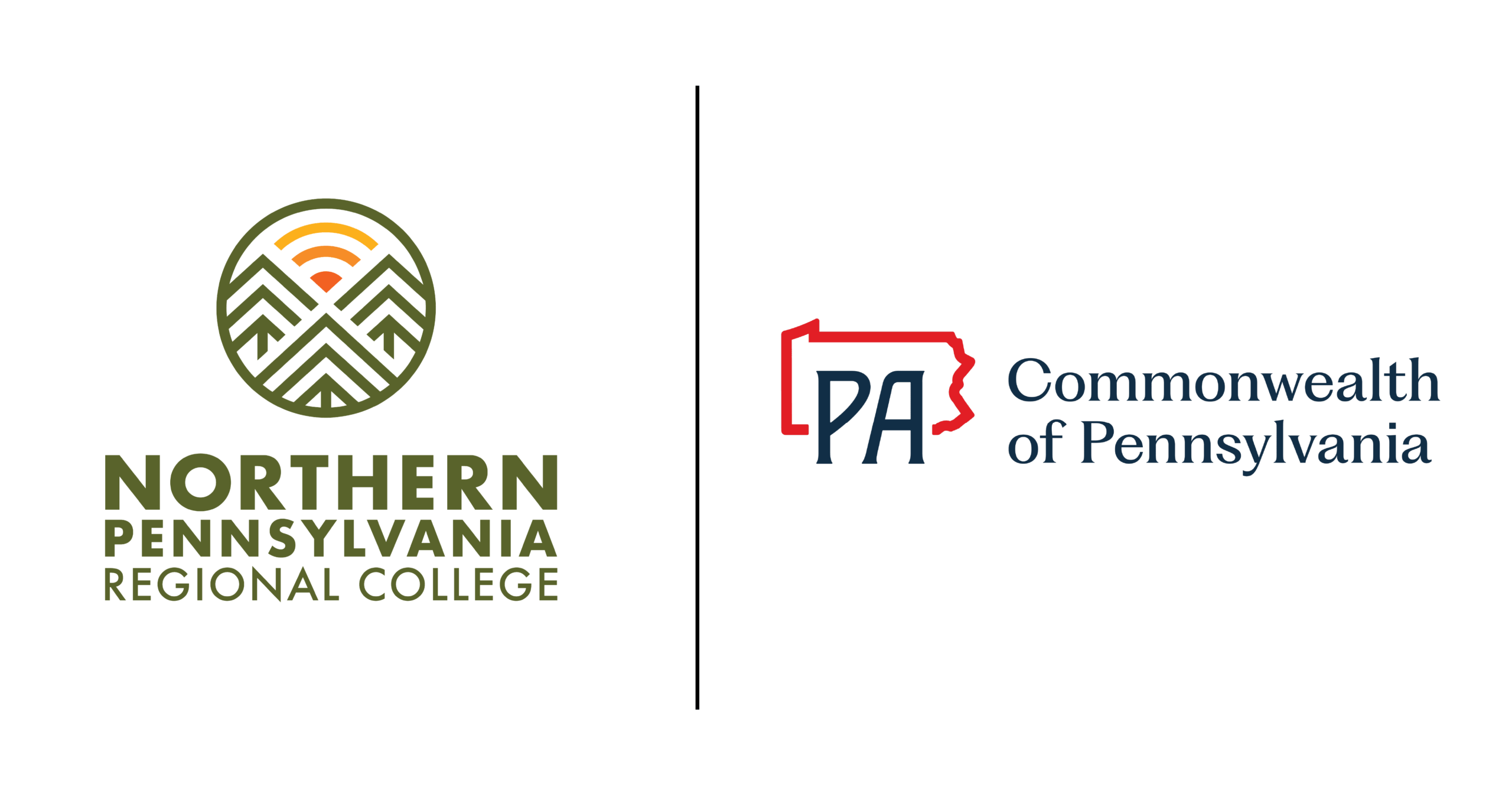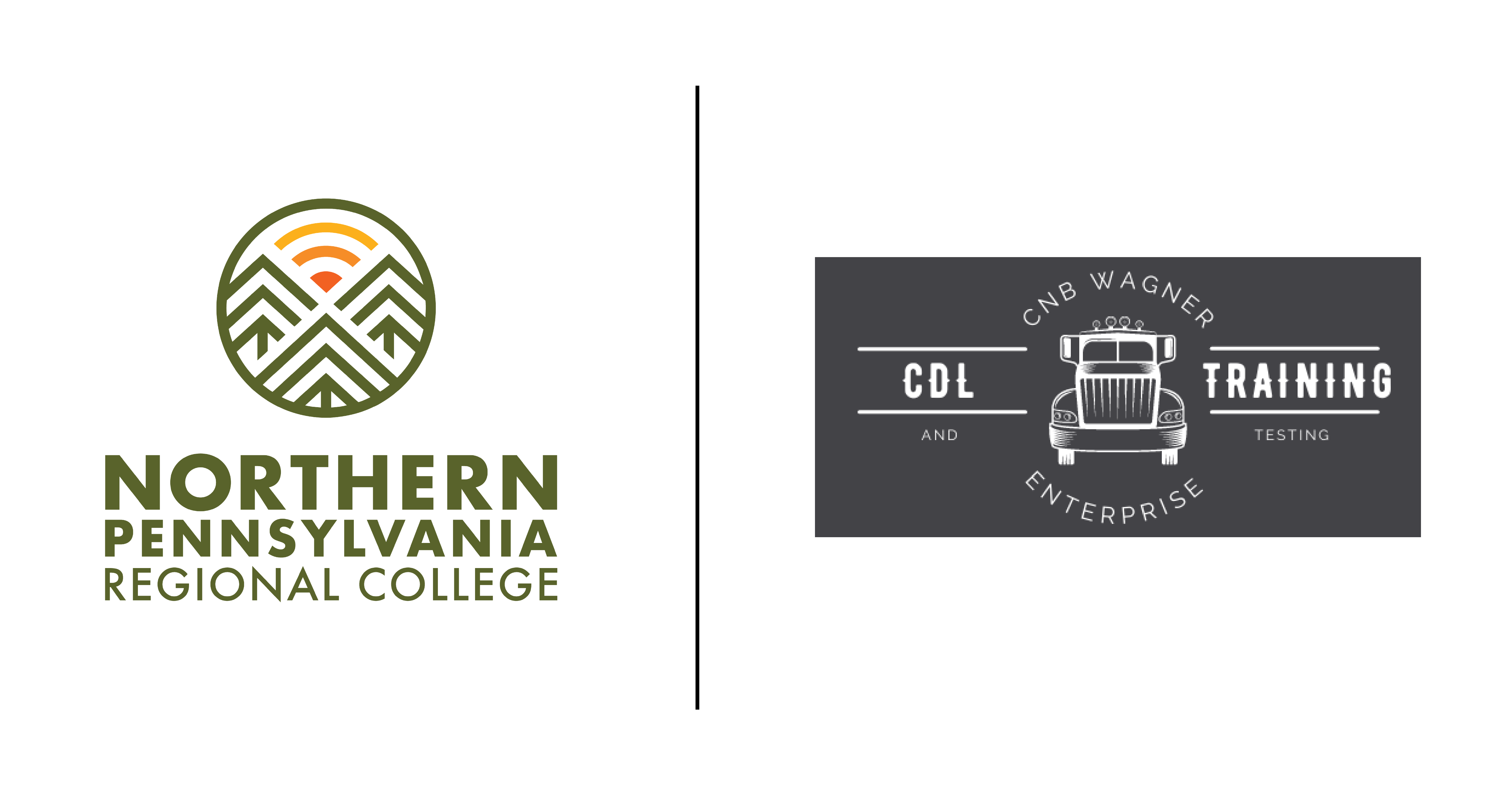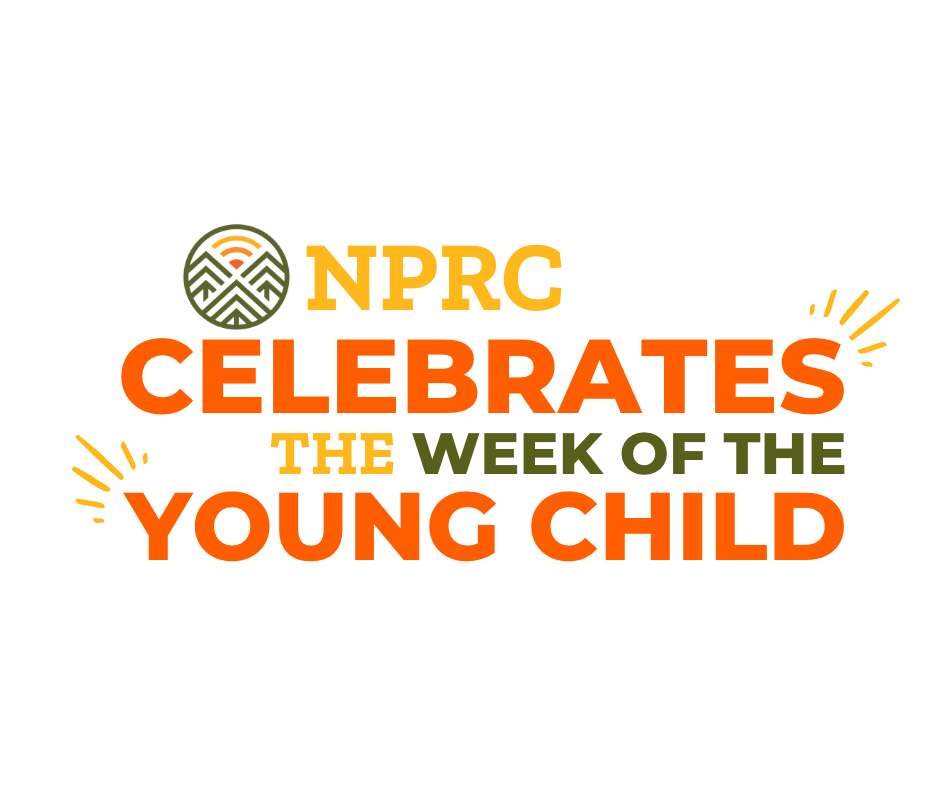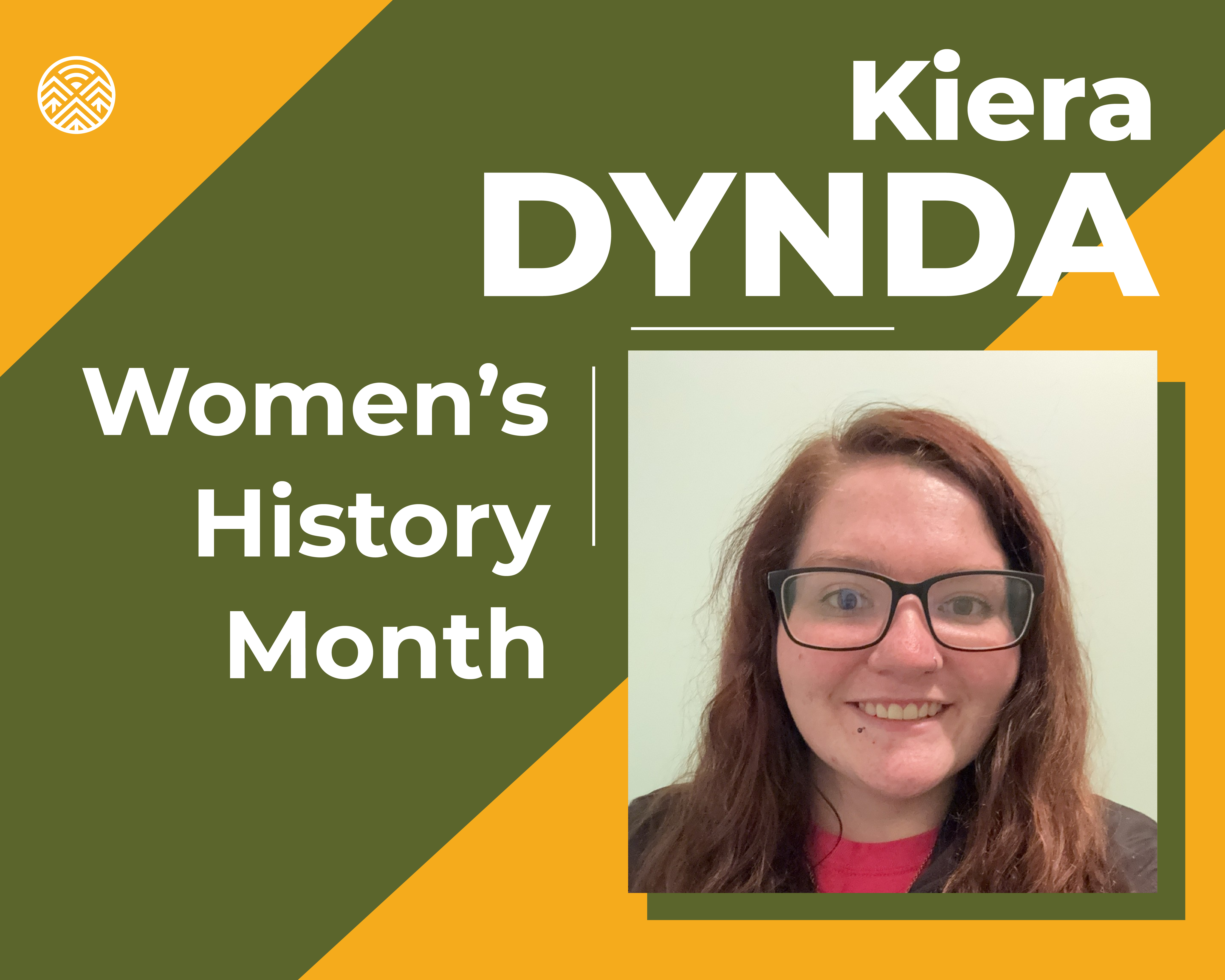Emergency Medical Responder
Workforce Development | Public Safety

Program Description
Northern Pennsylvania Regional College (NPRC) acknowledges the difficulties faced by Emergency Medical Services (EMS) and Fire Service organizations related to the first responders throughout the Commonwealth of Pennsylvania. EMS courses are offered to enhance the quality of safety and well-being in our communities.
The Emergency Medical Responder (EMR) class is the first level of EMS Certification and is widely used in fire departments, police departments, manufacturing, and industry. Students will receive 68 hours of training in the initial management of situations that include personal safety, scene safety, patient assessment, Basic Life Support (CPR/AED), and initial stabilization for both medical and trauma patients until help arrives. This class will prepare the student for EMR Certification with the Pennsylvania Department of Health, Bureau of EMS, and result in a certificate from the National Registry of EMTs (NREMT).
Bringing Affordable Education to You

Program Start Date
No Current Courses

Program Completion Date
No Current Courses

Program Cost
No Current Courses

Emergency Medical Responder
What You'll Learn

Hands-on skills to provide immediate lifesaving interventions and care to critical patients while awaiting additional EMS resources to arrive.

Communication skills and effective team strategies to assist higher-level personnel in emergencies and during transport.

Performance of basic interventions with minimal equipment.

Career Outlook as an Emergency Medical Responder
NPRC's national exam pass rate is currently 70%.
Emergency Medical Responder careers are projected to grow 15% by 2026.

Explore More
Related Programs

EMT
This program covers topics including patient assessment, cardiac arrest management, airway management, patient immobilization, diabetic emergencies, strokes and seizures, and information about the emergency response system. The educational components of this program area serve the staff training needs of fire departments, ambulance services, and other pre-hospital care providers. The successful completion of the course permits you to sit for the national NREMT exam.
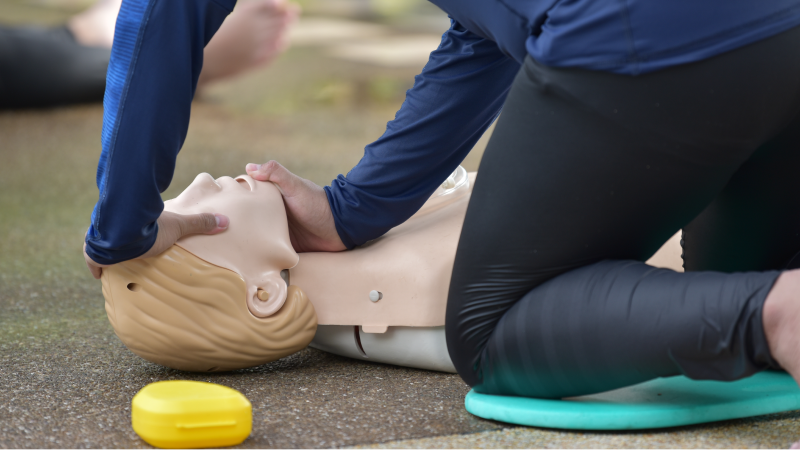
First Aid + CPR
NPRC’s CPR/AED/First Aid class teaches students everything they need to know to deal with an emergency calmly and confidently until first responders arrive. This course will teach learners basic first aid for injury, environmental, and medical emergencies, appropriate application and use of an automated external defibrillator (AED), response to adult and pediatric choking, and adult and pediatric CPR. This course can be customized for a business as well.
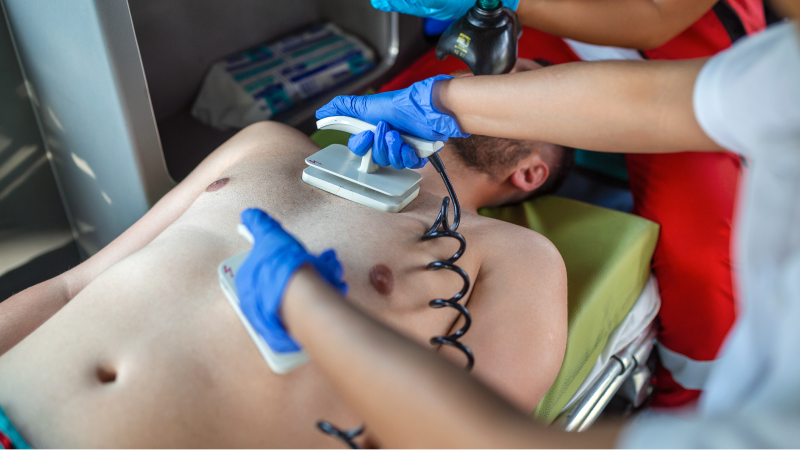
EMS Continuing Education
NPRC is an approved EMS continuing education provider with the Pennsylvania Department of Health for clinical patient care, emergency vehicle operations, and other- non-clinical areas. The National Registry accepts this state-approved education. NPRC can customize continuing education courses to fit your organization's needs.
Emergency Medical Responder FAQ
See What Our Students Have to Say

Growing up in rural Potter County, Pennsylvania meant if I wanted good educational and employment opportunities, I would have to move. When NPRC started offering classes less than 30 minutes from my home (almost an hour closer than the next closest college), my future was no longer dependent on living in a more urban area. I received a quality education without spending the tens of thousands of dollars on room and board a traditional school would have required. And now, I feel incredibly blessed to be a part of the team making this story possible for so many other people in rural Pennsylvania. NPRC’s mission is a necessary one, helping serve a part of the population that has lacked affordable and quality higher education for decades. This school helped me avoid debt, find my path in life, and now, I have a job I love and opportunities I never expected.
- Brian, NPRC Graduate
While attending NPRC, I am enrolled in 16 credits and working toward a degree in business administration. This switch is already positively benefitting me as a student. I have been keeping up with classes and shifting out of bad habits that may hinder my success. As someone who is diagnosed with anxiety and ADHD, it sometimes gets hard to effectively communicate. However, NPRC continues to provide opportunities to not only challenge myself, but to help me grow as a student, and more importantly, as a person. NPRC was my second chance. My second chance to help me build myself better, and I feel like my future is already better than what it was before NPRC.
-Noah, Business Administration Student
My time at Northern Pennsylvania Regional College has been a great experience even through the COVID-19 pandemic. Never did I imagine doing a year of college in my own home and still be able to be on the Dean’s List and be extremely proud. I am 39 years of age, and it has taken me this long to attempt college. I have to say that starting college at this age was hard. However, everyone at NPRC has made it easy for me to understand what it means to be studious. You can feel the care that is given to you through the staff at NPRC. The instructors are always willing to help and they will always answer the questions that we have. This college is a great way to get started on your new path through life. There are so many options to pick from if you are undecided.
-Claudia, NPRC Graduate
I started with NPRC right after graduating high school in 2018. I was not sure what I wanted to do career-wise, but the criminal justice field had always piqued my interest. Before finishing my two-year degree with NPRC, I decided to transfer to a four-year university to further my education in both sociology and criminal justice. Without the affordability of NPRC and their knowledgeable staff, I would never have dreamed of being where I am today. I will be graduating from RIT in August of 2022 having majored in Sociology and Criminal Justice, as well as having minored in Criminal Justice. I am excited to start a career in the federal Criminal Justice system or within admissions/counseling in higher education. I plan to put myself through law school while working full time after graduating from RIT.
-Ally, Former NPRC Student





